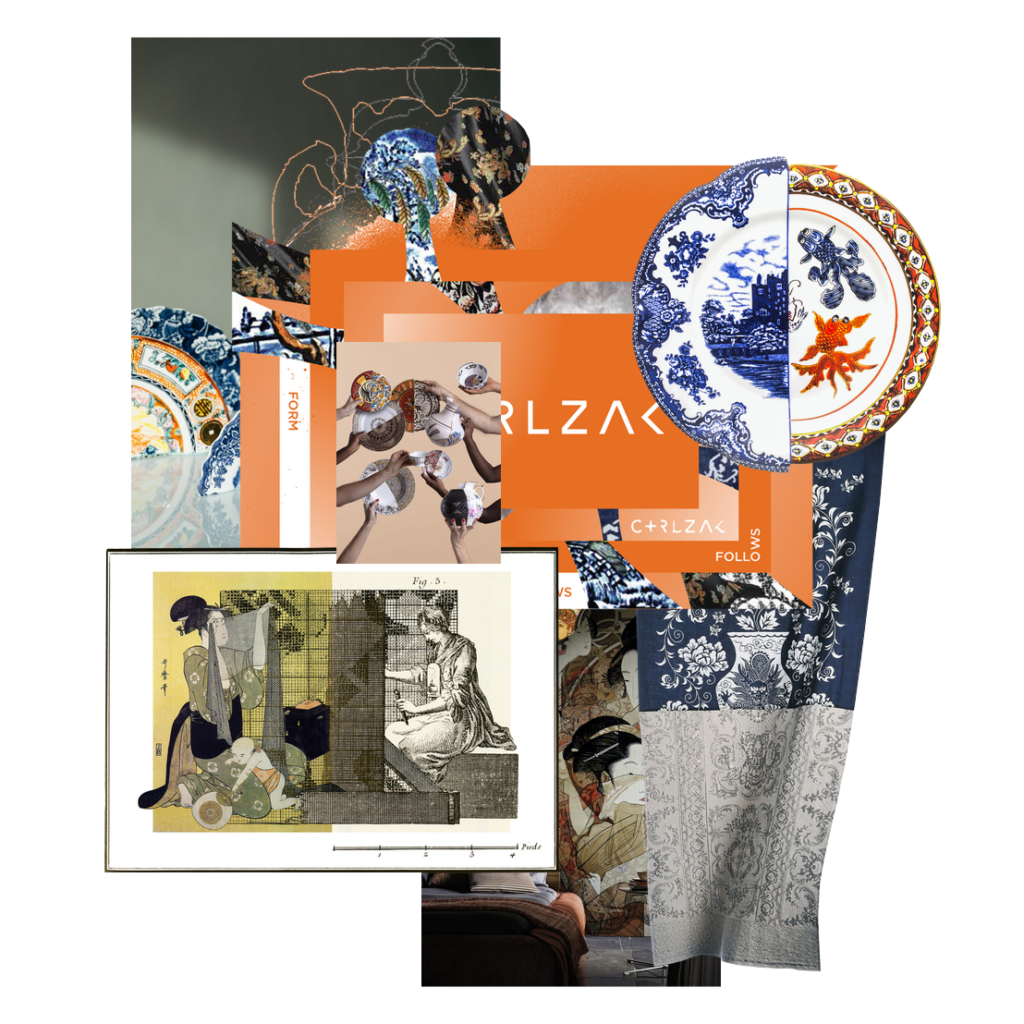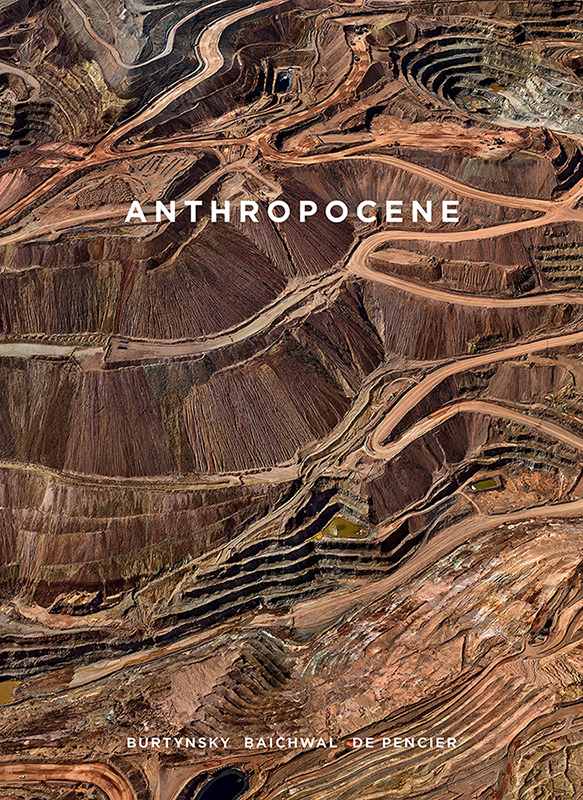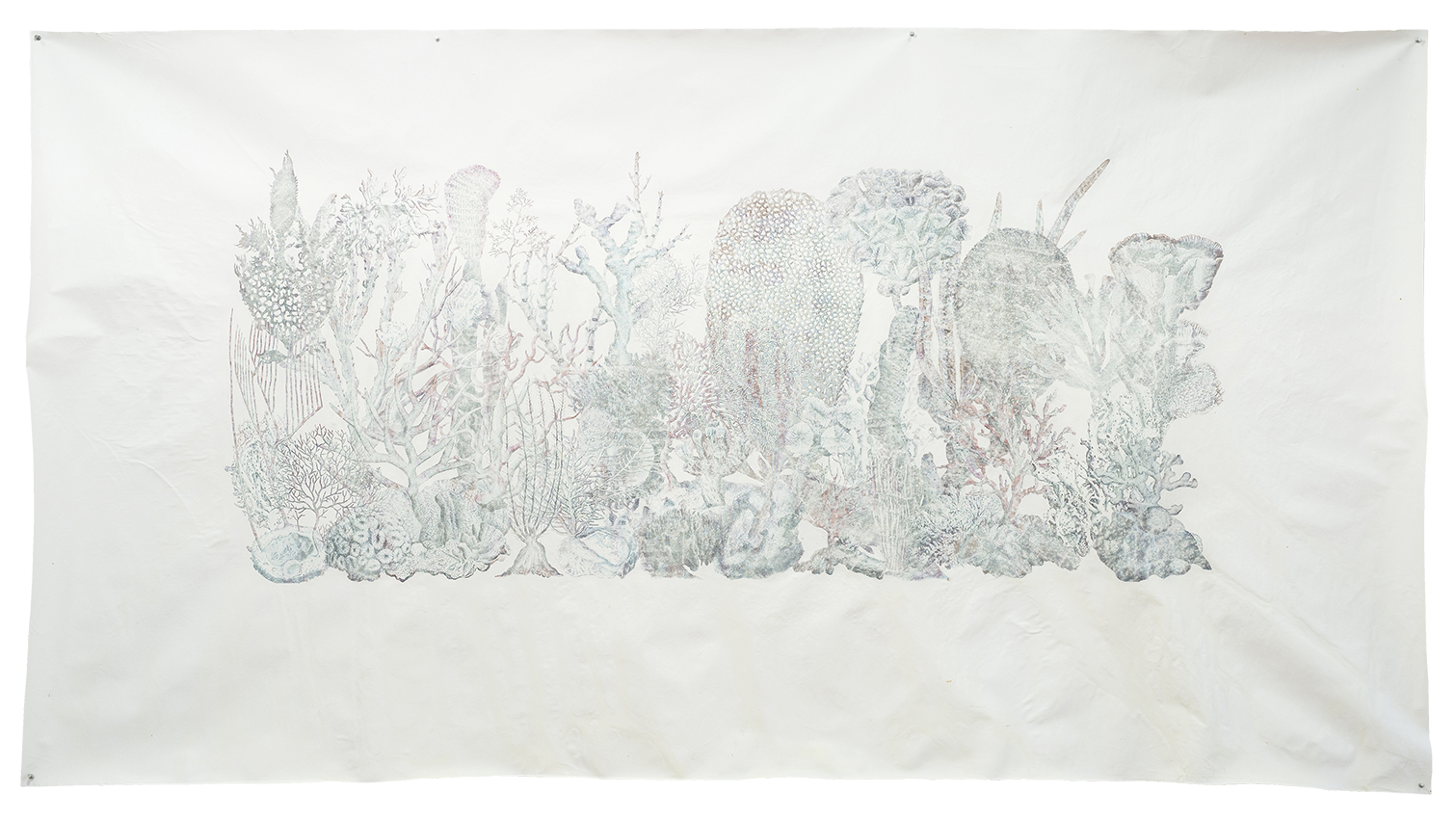HYBRID
CULTURE
SOCIAL
IRONY
NATURE
COSMOS

HYBRID
CULTURE
LEARNING
FROM
THE PAST
Human beings have the same fundamental needs and desires. What creates a divergence in the expression of those is the environment in which they live in. The climate and the materials found in each corner of this planet are what determine these expressions. Throughout their brief history human beings have managed to re-invent themselves continuously by developing a vast diversification of expression in all fields of life. As a result many diverse skills and degrees of knowledge have been acquired each one based on the humans’ distinctive environment. One has only to examine human history to realize that it is filled with remarkable achievements that in most cases help humans understand better their present lives.
If one examines even closer (s)he will realize that on many occasions those achievements are but different expressions of the same issue, usually all of them worth examining. Nowadays the exchange of information is extremely rapid and much easier than it was in the past, this leads to an unprecedented cultural mix that usually favours the most popular expressions but not necessarily the most interesting ones. The mingling of diverse cultures though is not a recent thing. Since the first hominoids started wandering around the globe hybridizations of all forms occurred and even more so in the last 500 years; the result of all these interactions is the world that all humans perceive at present. Hybridization will certainly continue more than ever in the future and will influence the lives of human beings in more than one way. In order to achieve a conscious Hybrid Future though, humans must look beyond their superficial differences and learn instead from their common past.

SOCIAL
IRONY
LIVING
IN THE
PRESENT
The hybrid world that we perceive today is based on relationships that human beings have created in their brief existence on this planet. These relationships are often based on conventions that create frameworks within which humans work, live and operate, typically called societies. In these societies humans strive for economic success and social status (inappropriately connected most of the times) through the act of possessing: knowledge but mainly material things. These items, regardless of their nature, become symbols, bearers of meanings and on many occasions objects of desire. Regrettably humans tend to have a rather selfish perception of the world and are anxious to measure their success through the apparent value of their possessions rather than their actual worth. Furthermore concepts like religion, politics and ethnic identity cloud the judgement of human beings making them have an even more biased perception of life.
As a result complications and strife are created. But living is not that complicated in itself, it is humans that complicate it through their lack of awareness. Humans take many things for granted and forget to reflect during their everyday lives, they remain most of the time to the surface of things neglecting to comprehend them for what they are. What they fail to realise once more is that by doing so they are responsible for their misfortune since material fulfilment by itself is not enough. In order to have a more gratifying future, awareness is paramount. Humans need to be more genuinely curious about others and everything that surrounds them, realising the true value of relationships on one side and that of the material world on the other, that they themselves have created.

NATURE
COSMOS
BACK
FROM / TO
THE FUTURE
Human beings have the fortune to be part of a remarkable planet situated in a rather serene corner of a medium sized galaxy within the known universe. For many years since their appearance humans have battled the elements and tried to tame the wild life and the land that surrounded them. In this they have impressively succeeded but in doing so they have greatly damaged other life forms and the planet itself. Ironically enough human beings have learned everything they know by observing the natural world and have utilized its very own resources to build the things that they saw and imagined for themselves. One thing though they did not wholeheartedly learn: respect. Greedy and selfish human activity has caused the mass extinction of plants, animals and other organisms generating what is known as the 6th Extinction, the only one of its kind to be caused by a species originating in this planet. Humans blinded by their anthropocentric view of the world fail to see that the incessant damage they fashion will ultimately only harm themselves. Planet Earth has existed for over 4.7 billion years without the human species and will continue to do so at least until its star, the Sun, burns out and that won’t happen for another 5 billion years.
What humans don’t realize is that they are part of a whole, a system of sorts that relates them directly to Earth and in consequence to the Universe. They keep viewing themselves as something that observes the vast Cosmos around them instead of grasping it is actually the Universe looking at itself. From the tiniest particles of matter to the most complex organisms that inhabit Earth, exists a continuity that reaches the furthest points of the known galaxies where new stars are formed and extinguished utilizing the same processes that have constituted life, as human beings perceive it, in all its forms. There is still much to be learned from and within the Cosmos but until human beings understand how insignificant and how important at the same time their existence is as part of a whole, they will never realize the future within time for what it really is: a constant present.







